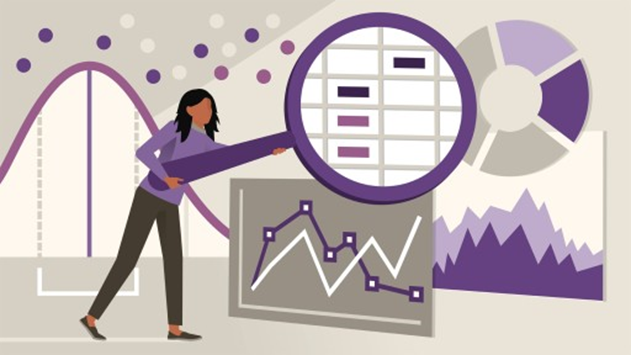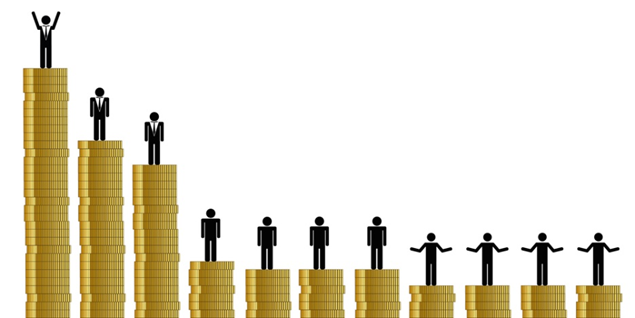Statistics, often regarded as a complex field of study, plays a vital role in our everyday lives, shaping the decisions we make and providing valuable insights into various aspects of our world. Whether we realize it or not, statistics influence numerous aspects of our lives, from determining the products we purchase to understanding social trends and making informed choices. In this article, we will explore the significance of statistics in everyday life and highlight how this discipline empowers us to navigate the world with greater understanding and clarity.
Consumer Choices
Statistics guides our consumer choices, enabling us to make informed decisions about the products and services we use. Market research, for example, utilizes statistical techniques to gather data on consumer preferences, purchasing patterns, and trends. By analysing this data, businesses can adjust their offerings to meet the demands of the market. Similarly, consumers can utilize statistics to compare prices, read reviews, and assess product quality before making a purchase.

Public Policy and Governance
Statistics plays a crucial role in shaping public policies and governance. Governments collect and analyse statistical data to make informed decisions on issues such as healthcare, education, infrastructure development, and social welfare programs. Statistical studies help policymakers understand population demographics, income distribution, and employment trends, providing the basis for formulating effective policies that address societal needs.

Health and Medicine
Statistics is important to the field of health and medicine, enabling researchers and healthcare professionals to understand diseases, evaluate treatment options, and improve patient outcomes. Clinical trials and epidemiological studies utilize statistical methods to assess the effectiveness and safety of new drugs and medical interventions. Statistical analysis helps identify risk factors, determine disease prevalence, and assess the impact of various factors on public health.

Media and Journalism
Statistics plays a vital role in the media and journalism industry. Journalists often rely on statistical data to support their reporting, add credibility to their stories, and provide a broader context for understanding current events. Statistics help journalists analysing poll results during election season or reporting on economic indicators, so that they can present accurate information to public.

Sports and Entertainment
Statistics in sports and entertainment provide insights into player performance, team strategies, and audience preferences. In sports, statistical analysis helps assess player performance, predict outcomes, and develop effective strategies. Furthermore, statistics influence decisions related to game scheduling, and fan engagement. In the entertainment industry, box office sales, TV ratings, and social media analytics rely on statistics to measure success, and identify emerging trends.

Personal Finance
Statistics can empower individuals to make financial decisions. From budgeting and investment strategies to risk management and retirement planning, statistical analysis helps individuals assess financial risks, evaluate investment options, and make informed choices. Tools like credit scores and market indicators are based on statistical models that provide insights into an individual's financial health and guide financial planning.

In conclusion, statistics is not just a subject confined to academia or research laboratories; it permeates our everyday lives, shaping our choices and providing valuable insights. From consumer decisions to public policy, health, media, sports, and personal finance, statistics offers a powerful lens through which we can understand and navigate the world around us. By developing a basic understanding of statistical concepts and their applications, we can become more informed and capable of making rational decisions in society.
By: Nur Syazana binti Rashid, Mathematics Division, ASPer
Tarikh Input: 11/09/2023 | Kemaskini: 11/09/2023 | hasniah
PERKONGSIAN MEDIA
































